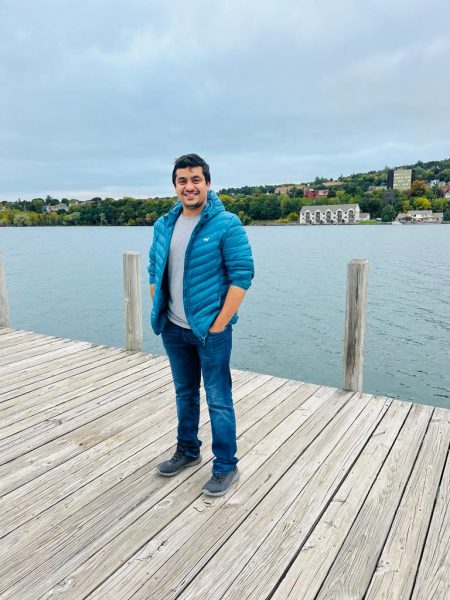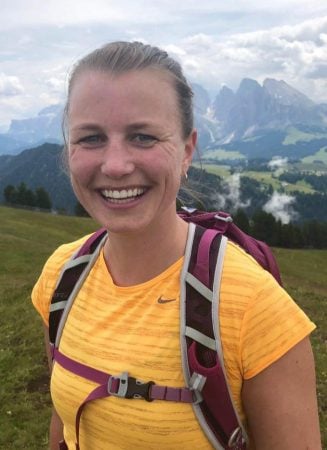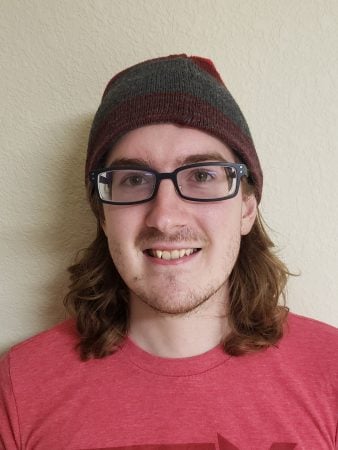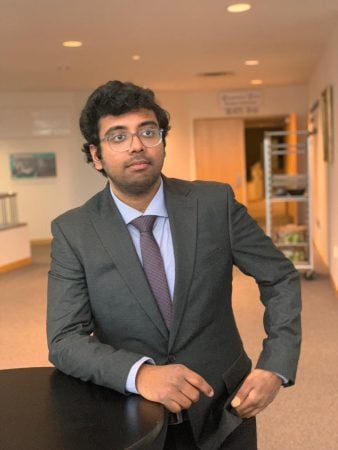Neel Uday Desai
Atmospheric Sciences
 I came to Michigan Tech in Fall 2013 to start my Phd in Atmospheric Sciences after finishing my masters from University of Michigan in Aerospace Engineering and my bachelors from University of Mumbai in Mechanical Engineering.
I came to Michigan Tech in Fall 2013 to start my Phd in Atmospheric Sciences after finishing my masters from University of Michigan in Aerospace Engineering and my bachelors from University of Mumbai in Mechanical Engineering.







